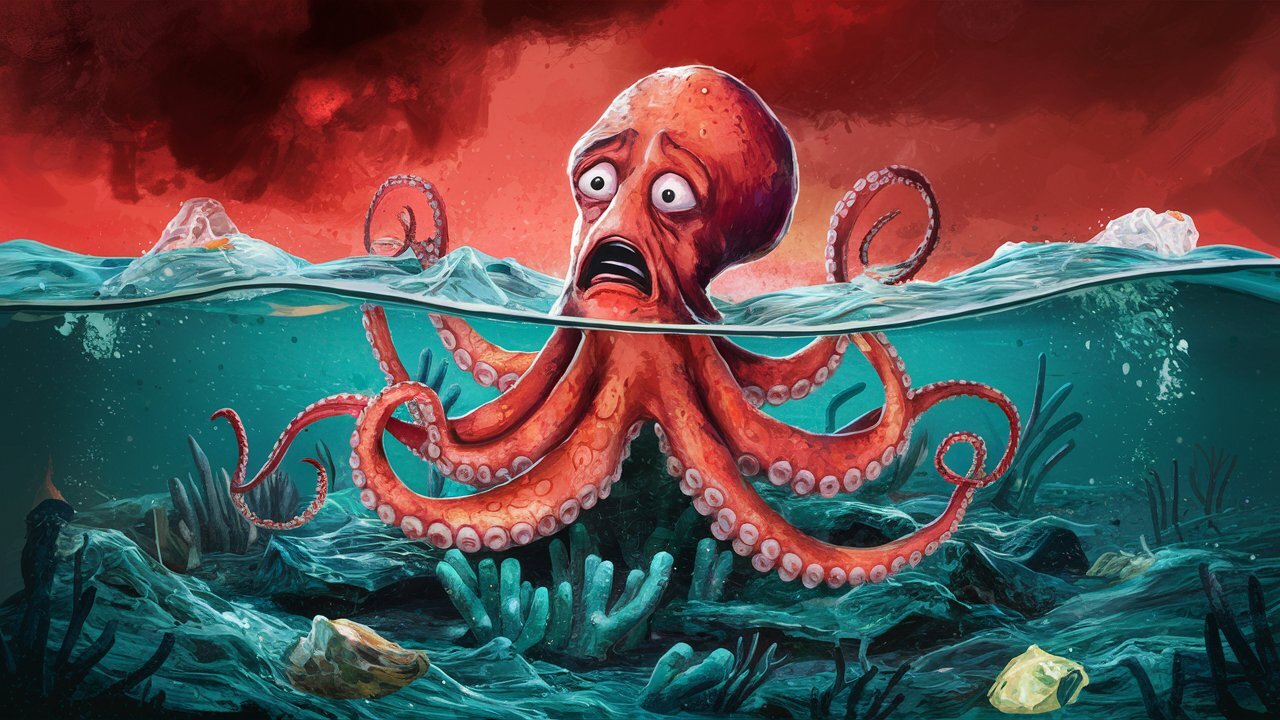Octopuses rely heavily on vision. 70% of their brain is dedicated to processing visual information, exceeding even humans (50%). Keen vision allows them to detect prey, predators and navigate their environment.
The researchers exposed octopus embryos to a variety of temperatures, including temperatures predicted for next summer in their region. They found a significant decrease in the amount of protein needed for vision in hot conditions. This refers to a decrease in visual acuity, depth perception, and other important visual functions.
The study also found a worrying trend: increased mortality in octopus hatchlings exposed to projected future temperatures. In some cases, none of the eggs hatched.
The study underscores the need for more research to understand the cumulative effects of multiple environmental stressors, such as ocean acidification and declining oxygen levels.
Source: Ferra
I am a professional journalist and content creator with extensive experience writing for news websites. I currently work as an author at Gadget Onus, where I specialize in covering hot news topics. My written pieces have been published on some of the biggest media outlets around the world, including The Guardian and BBC News.










